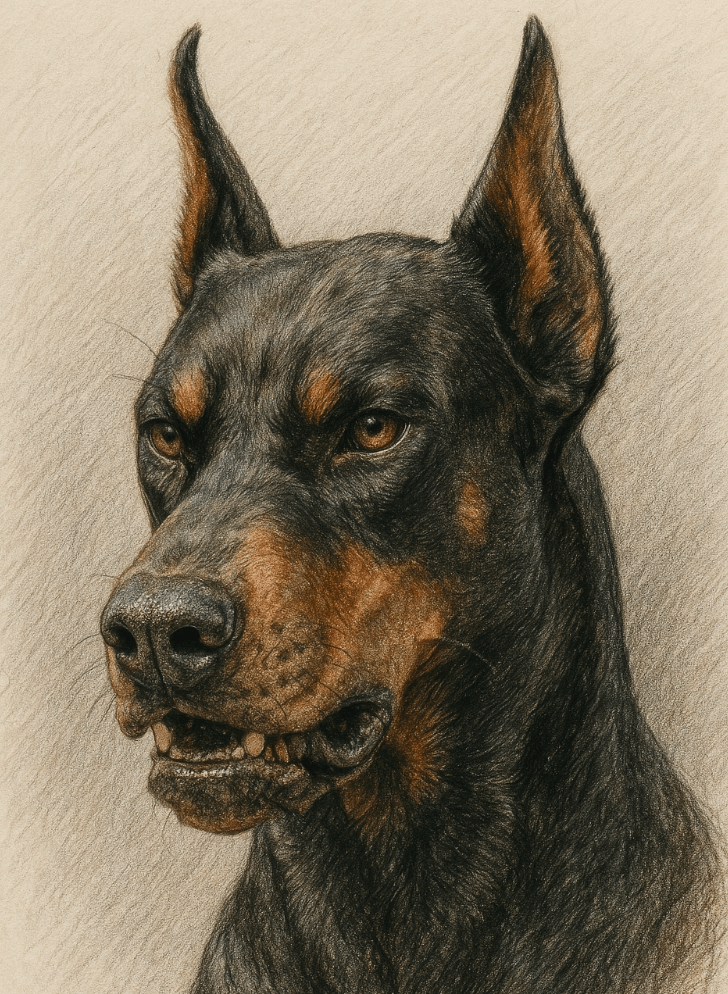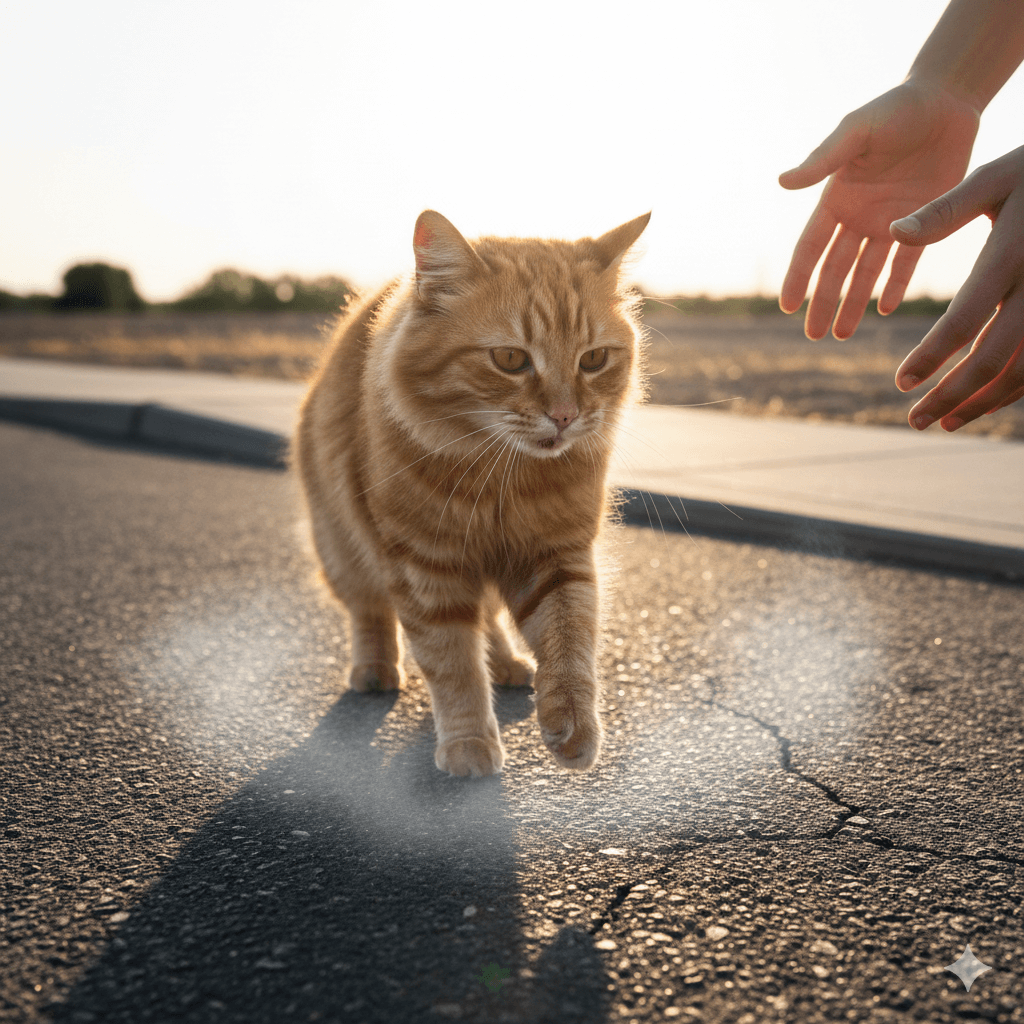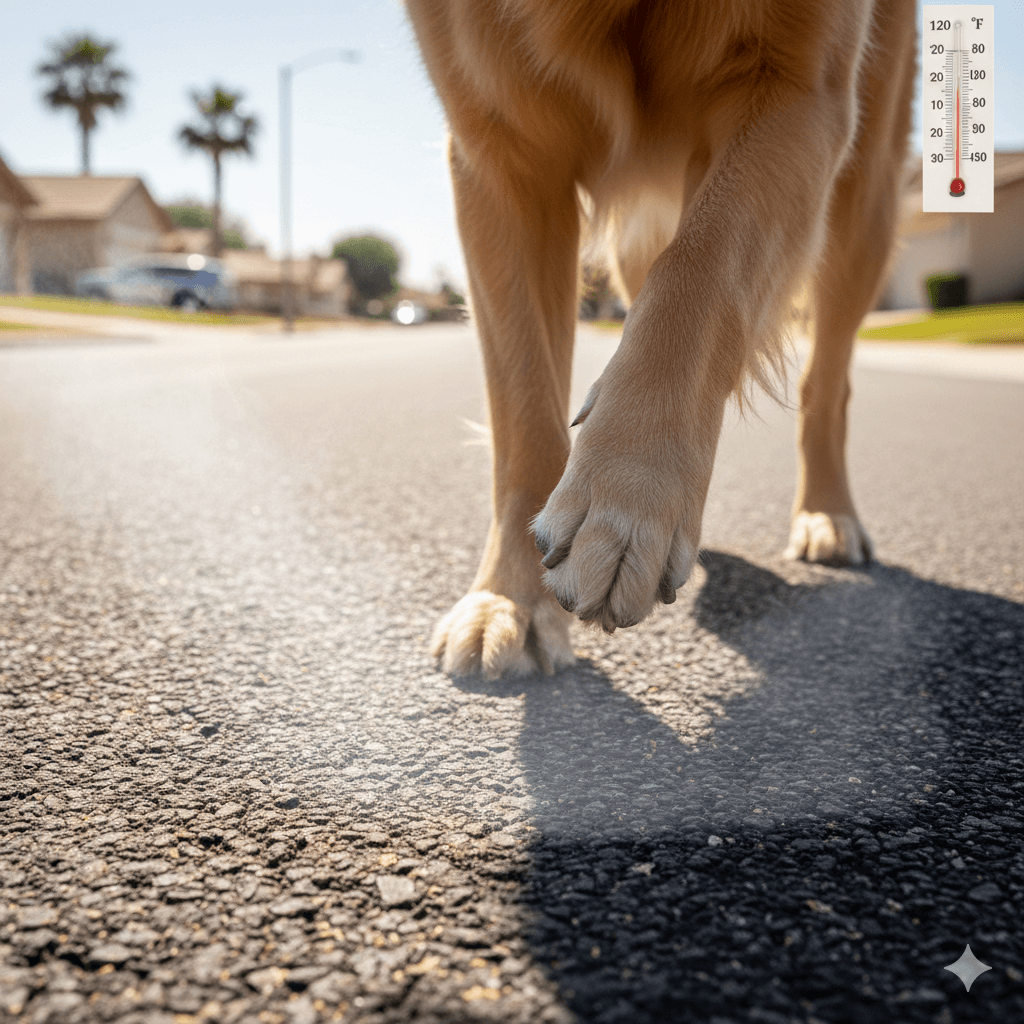Are Dobermans Aggressive? Understanding the Truth Behind the Stereotype
Dobermans are often portrayed as aggressive or intimidating dogs, thanks to their sleek, muscular build and reputation as guard dogs. But is this perception accurate? The truth is far more nuanced. While Dobermans are naturally protective and alert, labeling them as inherently aggressive oversimplifies their complex temperament. Like any breed, a Doberman’s behavior is shaped by genetics, training, socialization, and environment. In this blog post, we’ll explore whether Dobermans are truly aggressive, debunk common myths, and provide tips for raising a well-behaved and balanced Doberman. By the end, you’ll have a clearer understanding of what makes this remarkable breed tick.
Key Traits That Influence Doberman Behavior
To determine whether Dobermans are aggressive, it’s essential to understand the traits that define their personality and behavior. These characteristics play a significant role in how they interact with people and other animals.
Loyalty and Protective Instincts:
Dobermans are fiercely loyal to their families and will go to great lengths to protect them, which can sometimes be mistaken for aggression.High Intelligence:
Known for their sharp minds, Dobermans excel in obedience training but may become frustrated or restless without mental stimulation.Confidence and Assertiveness:
Their confident demeanor can appear dominant, but with proper guidance, it translates into a well-mannered companion.Energy Levels:
Dobermans are high-energy dogs that require plenty of exercise; without it, pent-up energy can lead to unwanted behaviors.Socialization Needs:
Early and consistent socialization is crucial to ensure they feel comfortable around strangers, children, and other pets.
These traits highlight why Dobermans are not inherently aggressive but rather responsive to their environment and upbringing.
Factors That Can Lead to Aggression in Dobermans
While Dobermans are not naturally aggressive, certain factors can contribute to undesirable behavior if not addressed properly. Identifying these triggers is key to preventing issues.
Lack of Socialization:
Without exposure to diverse environments, people, and animals, Dobermans may develop fear-based aggression toward unfamiliar situations.Inadequate Training:
Poorly trained or inconsistently disciplined Dobermans may struggle to understand boundaries, leading to problematic behaviors.Neglect or Abuse:
Dogs subjected to neglect or mistreatment are more likely to exhibit aggression as a defense mechanism.Insufficient Exercise:
A bored or under-exercised Doberman may channel excess energy into destructive or aggressive actions.Health Issues:
Pain or discomfort caused by illness or injury can make even the most docile Doberman act out aggressively.
Addressing these factors proactively ensures your Doberman remains calm, confident, and well-adjusted.
Check this guide 👉Are Dobermans Hypoallergenic? Best 7 Expert Tips!
Check this guide 👉Do Dobermans Shed? Best 7 Expert Tips!
Check this guide 👉German Pinscher vs Doberman: Best 7 Expert Tips!

Ways to Prevent Aggression in Dobermans | Signs Your Doberman May Be Aggressive |
|---|---|
Provide consistent training and discipline | Growling or snarling at people or animals |
Ensure early and ongoing socialization | Raised hackles or stiff body posture |
Offer plenty of physical and mental exercise | Excessive barking or lunging |
Address health concerns promptly | Biting or snapping |
Create a safe and loving home environment | Avoidance or fear-based reactions |
Training Tips to Raise a Well-Behaved Doberman
Proper training is essential for managing a Doberman’s strong instincts and ensuring they grow into a well-behaved adult dog. These tips will help you build a strong bond and foster good behavior.
Start Early:
Begin obedience training and socialization during puppyhood to establish a foundation of trust and respect.Use Positive Reinforcement:
Reward-based methods, such as treats, praise, and toys, motivate Dobermans to learn quickly and happily.Focus on Consistency:
Set clear rules and enforce them consistently to avoid confusion and reinforce desired behaviors.Teach Impulse Control:
Practice commands like “stay” and “leave it” to help your Doberman manage their natural assertiveness.Engage in Advanced Training:
Activities like agility, tracking, or therapy work challenge their minds and strengthen your connection.
With patience and dedication, training transforms your Doberman into a loyal and obedient companion.
How to Socialize Your Doberman Effectively
Socialization is critical for preventing fear-based aggression and helping your Doberman feel comfortable in various settings. Here’s how to do it right.
Introduce Them Gradually:
Start with calm, controlled environments before exposing them to busier or noisier places.Expose Them to Different People:
Allow your Doberman to meet people of all ages, sizes, and appearances to reduce fear of strangers.Include Other Animals:
Arrange positive interactions with friendly dogs and other pets to teach appropriate behavior.Reward Calm Reactions:
Praise and reward your Doberman for remaining relaxed in new or challenging situations.Avoid Negative Experiences:
Protect your dog from frightening or overwhelming encounters that could trigger defensive aggression.
Effective socialization builds confidence and reduces the likelihood of behavioral problems.
Common Misconceptions About Doberman Aggression
Several myths surround Doberman aggression, often fueled by outdated stereotypes. Dispelling these misconceptions helps paint a more accurate picture of the breed.
They Are Born Aggressive:
Dobermans are bred for protection, not aggression; their behavior depends on training and environment.All Dobermans Attack Strangers:
Properly socialized Dobermans are typically reserved but polite around unfamiliar people.They’re Not Suitable for Families:
Many Dobermans thrive in family settings, showing loyalty and gentleness toward loved ones.Ear Cropping Makes Them Aggressive:
Ear cropping is cosmetic and has no impact on a dog’s temperament or behavior.They Can’t Be Trusted Around Other Pets:
With careful introductions and supervision, Dobermans can form harmonious relationships with other animals.
Understanding these truths fosters a fairer perspective on this misunderstood breed.
Health Considerations That Impact Doberman Behavior
A Doberman’s physical and mental health plays a vital role in their overall behavior. Recognizing potential health issues allows you to address them promptly and maintain harmony at home.
Dilated Cardiomyopathy (DCM):
This heart condition can cause lethargy or irritability; regular vet check-ups are essential for early detection.Hip Dysplasia:
Joint pain from hip dysplasia may lead to aggression due to discomfort; weight management and supplements can help.Hypothyroidism:
Low thyroid levels can affect mood and behavior; medication restores balance and improves temperament.Cognitive Dysfunction Syndrome (CDS):
Cognitive decline in older Dobermans may result in confusion or uncharacteristic aggression; enrichment activities slow progression.Nutritional Deficiencies:
Poor diet impacts energy levels and brain function; feeding high-quality food supports optimal behavior.
Prioritizing your Doberman’s health ensures a happier, more balanced companion.
Fun Activities to Bond With Your Doberman
Engaging in activities that stimulate your Doberman’s mind and body strengthens your relationship and keeps them content. Try these fun ideas to connect with your pup.
Agility Courses:
Navigate obstacle courses together to challenge their athleticism and focus.Scent Work Games:
Hide treats or toys around the house or yard to tap into their natural scent-tracking abilities.Long Walks or Runs:
Explore parks or trails together, satisfying their need for adventure and exercise.Interactive Toys:
Puzzle feeders and treat-dispensing toys keep them entertained when you’re busy.Obedience Challenges:
Teach advanced tricks or participate in competitions to showcase their intelligence and skills.
These activities deepen your bond while providing an outlet for their boundless energy.
Frequently Asked Questions About Doberman Aggression
Are Dobermans naturally aggressive?
No, they are not naturally aggressive but can become so if poorly trained, neglected, or improperly socialized.
Do Dobermans get along with children?
Yes, when raised with kids and trained properly, Dobermans can be gentle and protective family members.
Can Dobermans live with other pets?
With early socialization, many Dobermans coexist peacefully with cats and other dogs.
How much exercise do Dobermans need?
They require at least 1-2 hours of vigorous exercise daily to stay physically and mentally fit.
What should I do if my Doberman shows aggression?
Consult a professional trainer or behaviorist immediately to address the issue safely and effectively.
Raising a Happy and Balanced Doberman
The question of whether Dobermans are aggressive ultimately comes down to their upbringing and environment. With the right care, training, and socialization, these intelligent and loyal dogs can thrive as loving family companions. By understanding their needs and addressing potential challenges early, you can ensure your Doberman grows into a confident, well-behaved, and affectionate pet. Remember, the bond you share with your dog is built on trust, patience, and mutual respect—qualities that every Doberman deserves.
Newfoundland Dog Personality: Best 7 Expert Tips! – Discover the gentle, loyal, and protective nature of this giant breed perfect for families.
Can Hot Pavement Burn Your Cats Paws? Best 7 Expert Tips! – Learn how to protect your cat’s paws from hot surfaces and prevent painful burns this summer.
Can Hot Pavement Burn Your Dogs Paws? Best 7 Expert Tips! – Learn how to protect your dog’s paws from hot surfaces and ensure safe summer walks.
Irish Wolfhound Size: Best 7 Expert Tips! – Discover the ideal height, weight, and care tips for this majestic giant breed. Learn how to manage their impressive stature responsibly.




